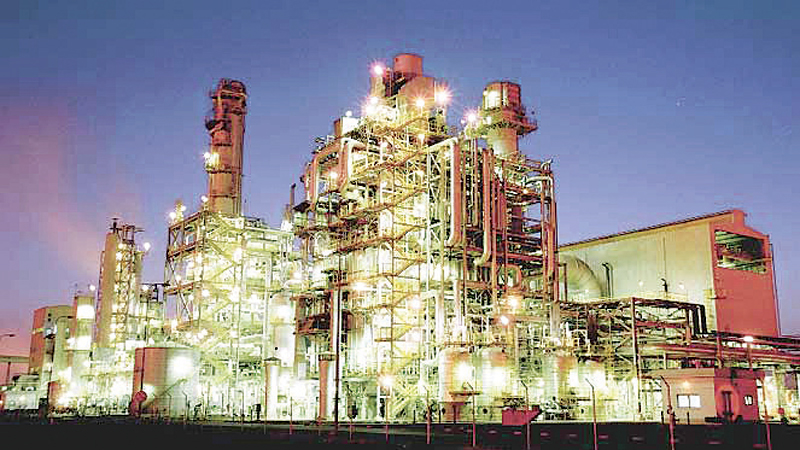

Transition: Oman’s chemicals sector has the highest contribution to GDP among the GCC countries, at 5.1 per cent in 2018
A report from HSBC outlines measures that need to be taken in order for the GCC chemicals sector to transition to a more sustainable future.
The chemicals sector is one of the largest and most economically important industries in the world, employing 15 million people directly and over 60 million people indirectly.
Chemical products are found in every aspect of modern life — in the energy systems powering our cities, in the fertilisers and pesticides used in modern agriculture, in pharmaceutical development, in construction, and in most of the consumer goods we use on a day-to-day basis.
The chemicals industry is the second largest manufacturing sector in the GCC countries, producing over $108 billion worth of products a year. Oman’s chemicals sector has the highest contribution to GDP among the GCC countries, at 5.1 per cent in 2018.
However, the industry has also had significant adverse impacts on the environment and is a major contributor to the greenhouse emissions that are responsible for climate change.
In 2018, the industry’s total CO2 emissions accounted for almost 5 per cent of the total greenhouse gas emissions in the region — very close to the share of petroleum refining and cement production.
Governments and corporates in the region are adjusting their national visions towards sustainability for the chemicals sector, and have started shifting their strategies to adopt more sustainable practices.
However, the report outlines a multi-disciplinary approach to meaningfully reduce the negative impact of the chemicals sector on the environment, where all stakeholders in the industry have an important role to play in reducing harmful emissions and waste. This includes:
n Consumers could minimise demand for single-use plastic products, subsequently incentivising chemical companies to develop alternative and circular economy products
n Governments could introduce policy and legislation that mandates the transition towards a sustainable chemicals sector for companies and consumers
n The financial sector could promote sustainable finance by adopting new financial mechanisms such as transition bonds and loans, and sustainability linked loans; instruments developed specifically for businesses who are trying to make the transition towards a sustainable chemicals sector
“In line with the Omani Government’s 2040 vision, which aims to reach a green and circular economy that is responsive to national needs, we are committed to helping our customers in their transition to lower carbon emissions. Our recent announcement of the formation of a dedicated Sustainable and Transition Finance Team for the Middle East underlines our commitment to achieving this objective,” said Simon Adcock, Head of Commercial Banking at HSBC Bank Oman SAOG.
Oman Observer is now on the WhatsApp channel. Click here



